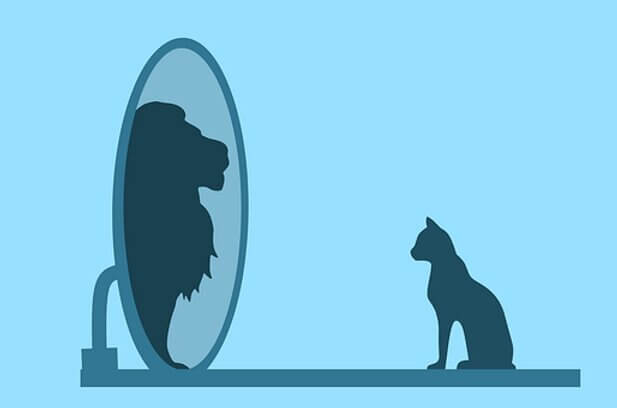“This is what fools people: A man is always a teller of tales, he lives surrounded by his stories and the stories of others, he sees everything that happens to him through them; and he tries to live his life as if he were telling a story.”
-Jean-Paul Satrte
If you haven’t noticed just yet, we spend a good amount of time everyday talking to ourselves. No, no, not always out loud but within our inner dialogues. We tell ourselves stories almost constantly. Stories about who we are, who other people are, their intentions, what we are worth, where our lives are going, how our histories have gone. Where we lack information we are quick to fill in the gaps. On and on it goes. Story, after story, after story, after story. If you set the intention to notice you will find these stories are not random. They have themes and those themes are based upon how we have come to interpret events in our lives (a topic for another post). We interpret those events in the form of a narrative – new bits of information are consciously, or unconsciously, bent to confirm to our pre-existing beliefs and stories. We don’t take “reality” in as objectively as we like to think and our stories aim to keep the world familiar and therefore safe. They allows us to predict, plan and construct. Man is literally a pattern-finding, story-telling machine.
In fact, the definition of “traumaTrauma refers to the emotional and psychological response to a deeply distressing or disturbing even...” is essentially when our meaning-makingMeaning-Making is the process through which individuals derive significance from their experiences, ..., story-telling system cannot assimilate new events or experiences into the pre-existing schemaIn CBT, a schema refers to a deeply ingrained cognitive framework or belief system that shapes how i... and they are forced into a story that doesn’t work anymore. Therapy then works to accommodate the experience(s) into a new and typically larger, more robust template. No experience is inherently traumatic (hence why some develop PTSD in light of a shared experienceShared Experience refers to the collective emotional journey of group members, which can foster conn... and some don’t). What determines the “trauma” is whether or not the experience breaks your story.
The stories we tell ourselves about ourselves are powerful. Identity is one’s life story. They give us permission, limits, expectations, and become a self-fulfilling prophecies. We are the hero, villain, comeback kid, the empath, rescuer, joker/class clown/comic relief, the fighter, the survivor. Without knowing it, we exert pulls on other people to conform to our storyline. We solicit others to play complimentary roles. We make the world familiar to ourselves again and again. For example, if we see ourselves as victims of others or even victims of existence as a whole, we send messages to others (nonverbally and otherwise) to treat us in certain ways that make them conform to our script. You play this role, I play this one. The advantage is we feel comfortable in our predictable world, but it can also have a shadow side, our stories can truly limit us. Preferring familiar misery to the misery of unfamiliar insecurity is a game we all play. It is worth looking and examining the stories we live by. Expanding our stories and narratives, or at least opening ourselves to telling new stories is worth the effort. In the short-term, finding healthier stories can allow us to become more adaptive, in the long-term this change can facilitate more metta-changes. Literally, the lens in which we see life can be shifted by paying attention to our familiar narratives. Working throughWorking Through is the process of processing and integrating unresolved emotions and conflicts over ... our stories with a therapist is the best way I know of to create this change. Our stories can be an incredible source of our vitality and resilienceResilience is the ability to adapt and recover from adversity and trauma. Building resilience is ess..., they can also be the source of our greatest sufferings. Every good therapy aims, at least in part, to facilitate awareness and change in one’s story.





